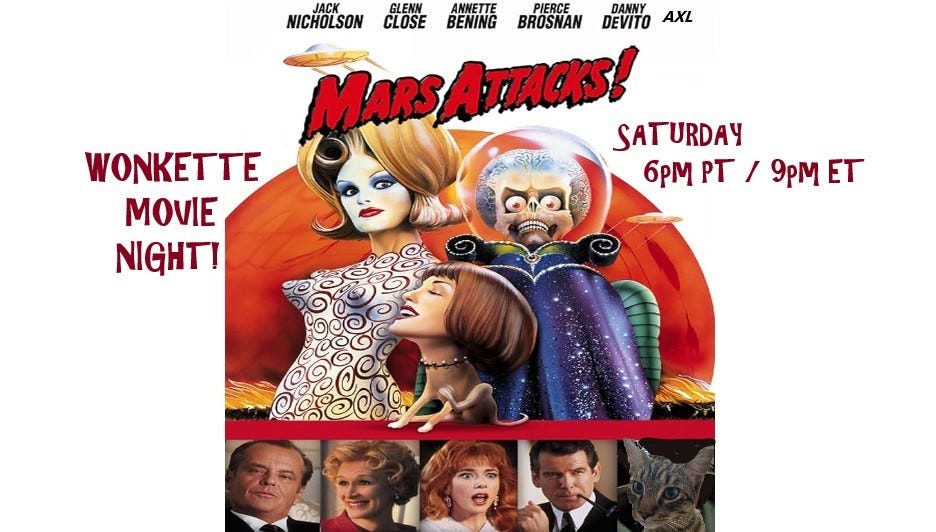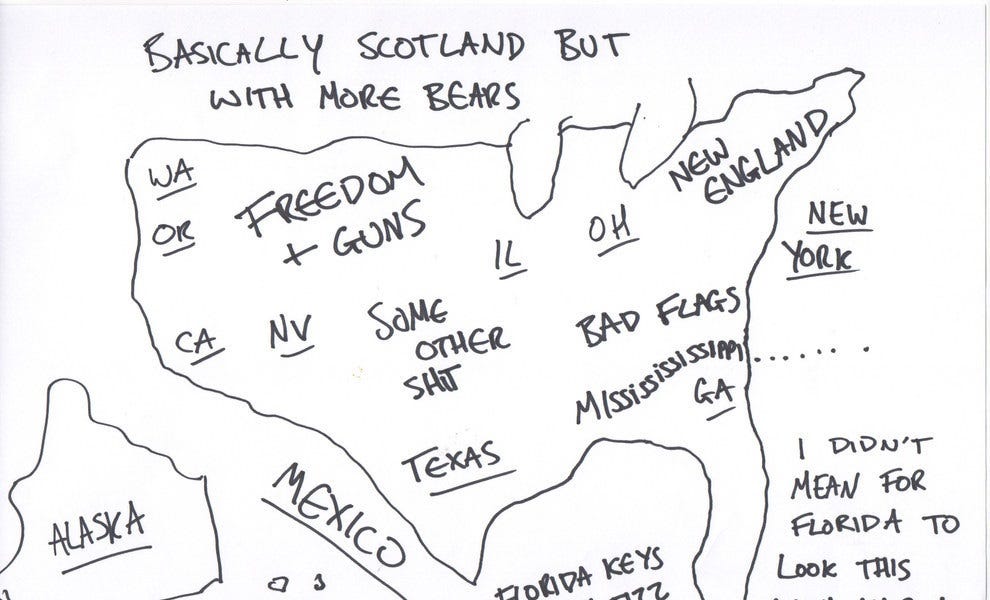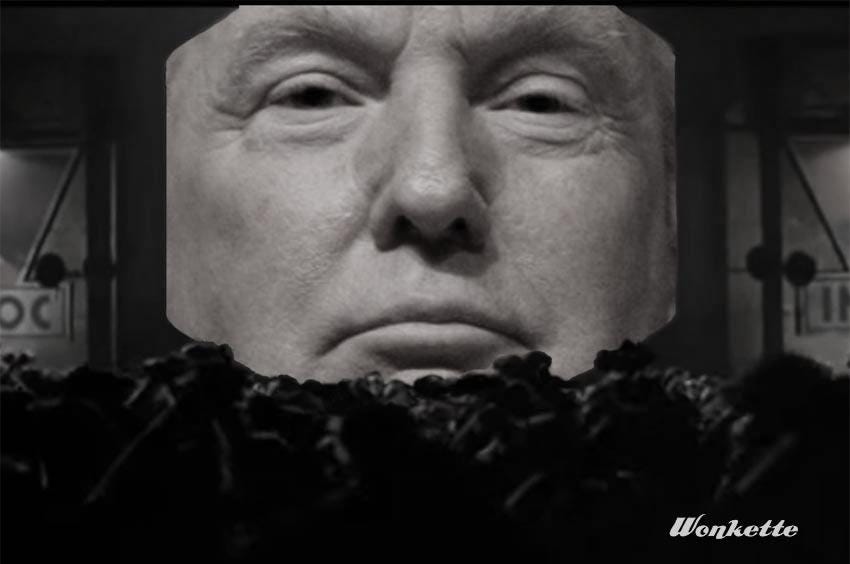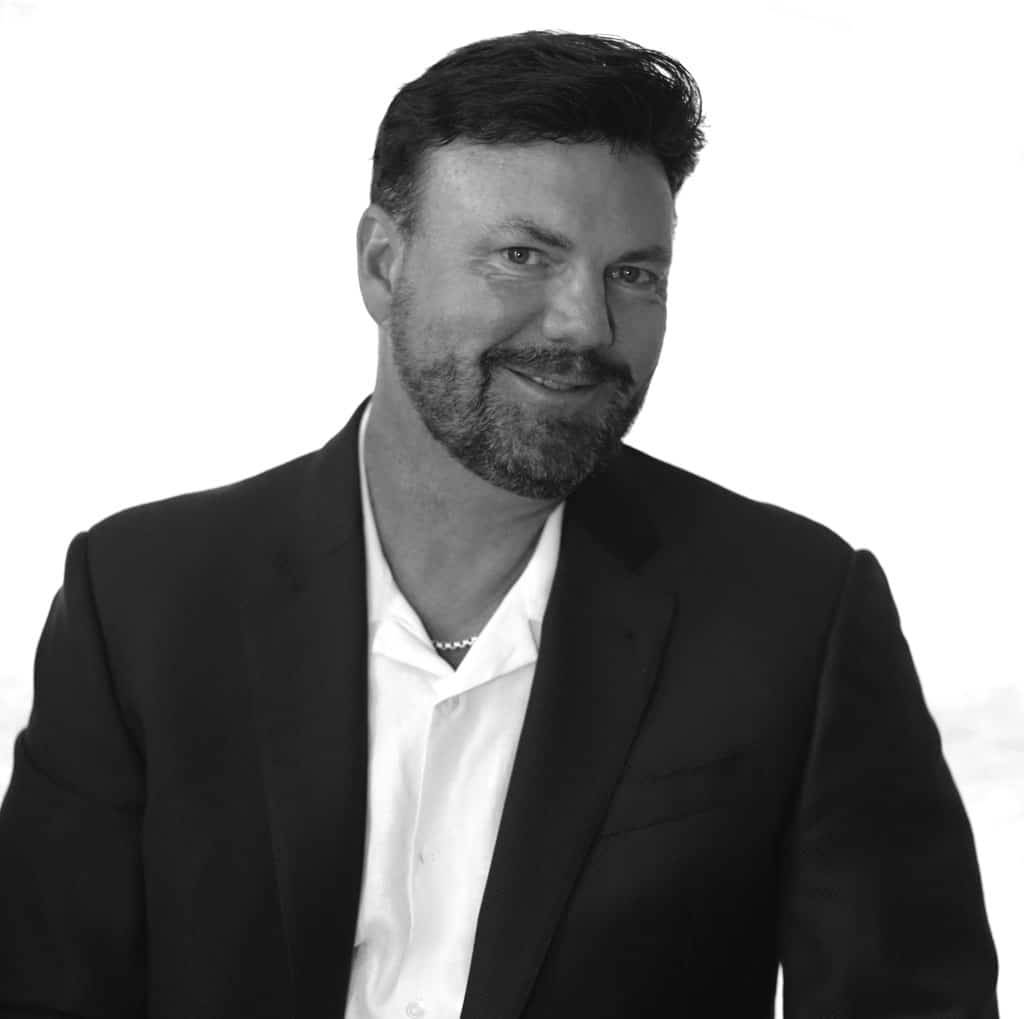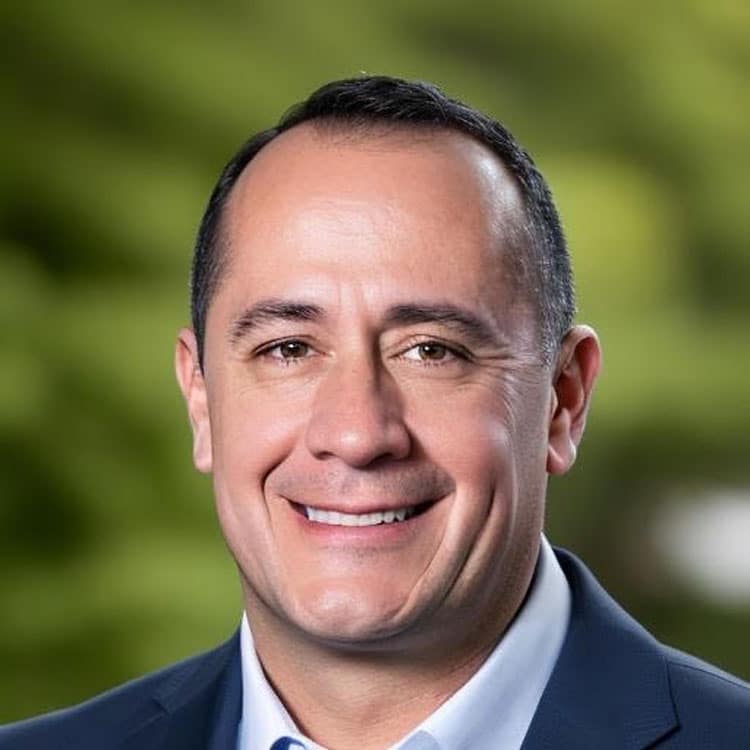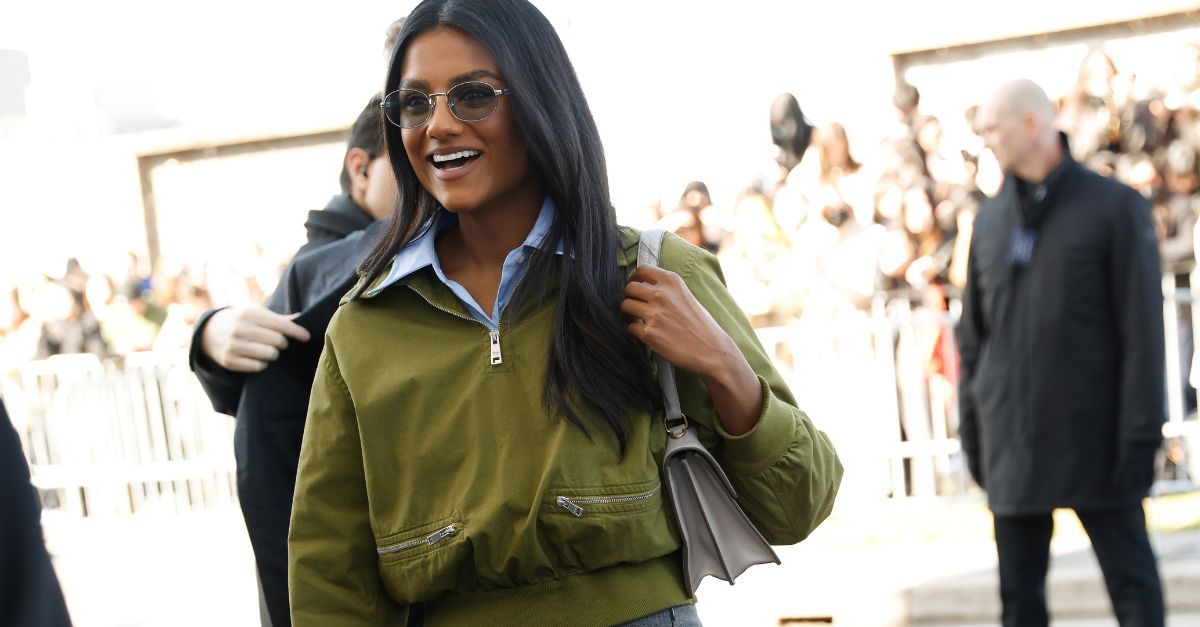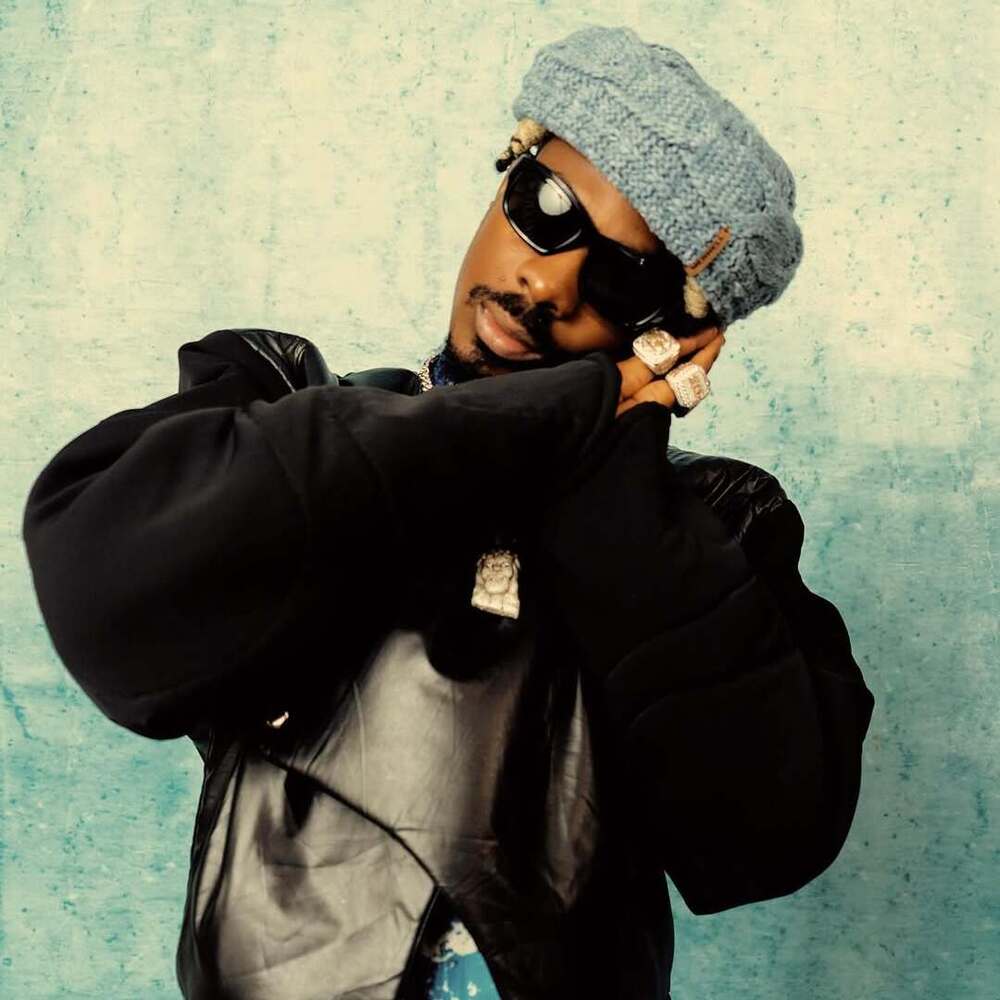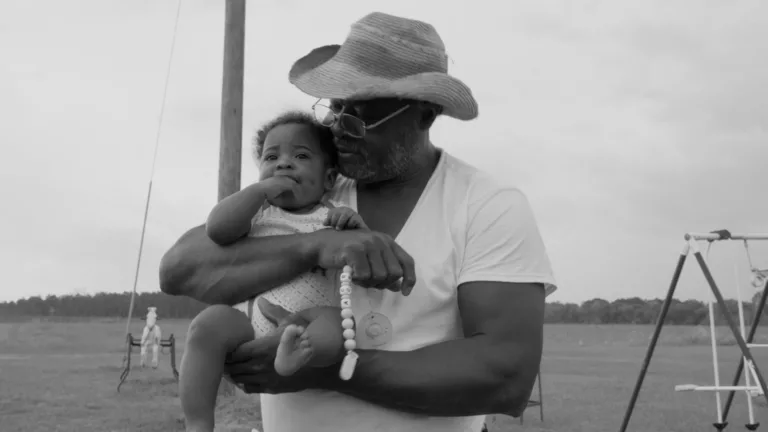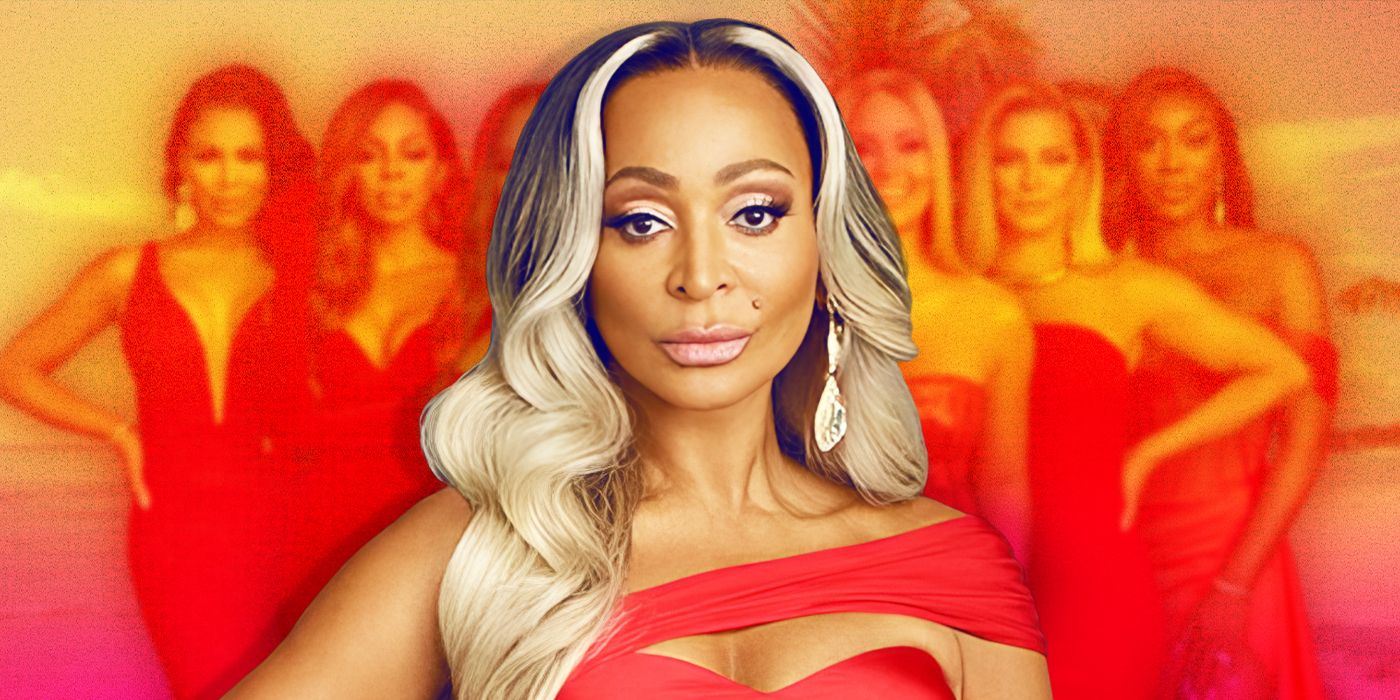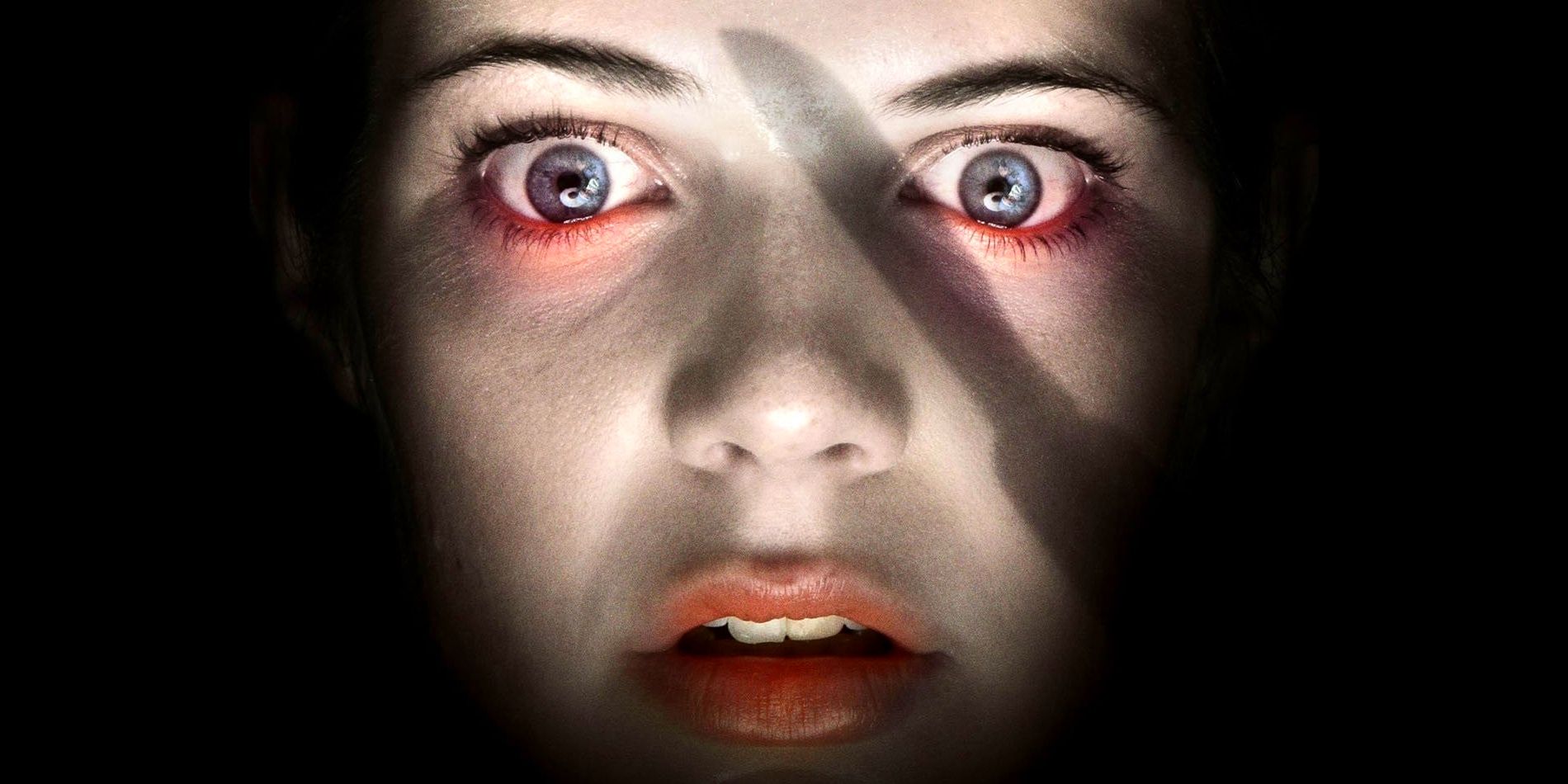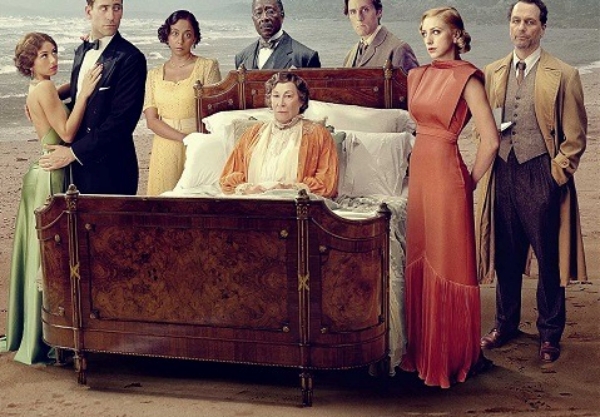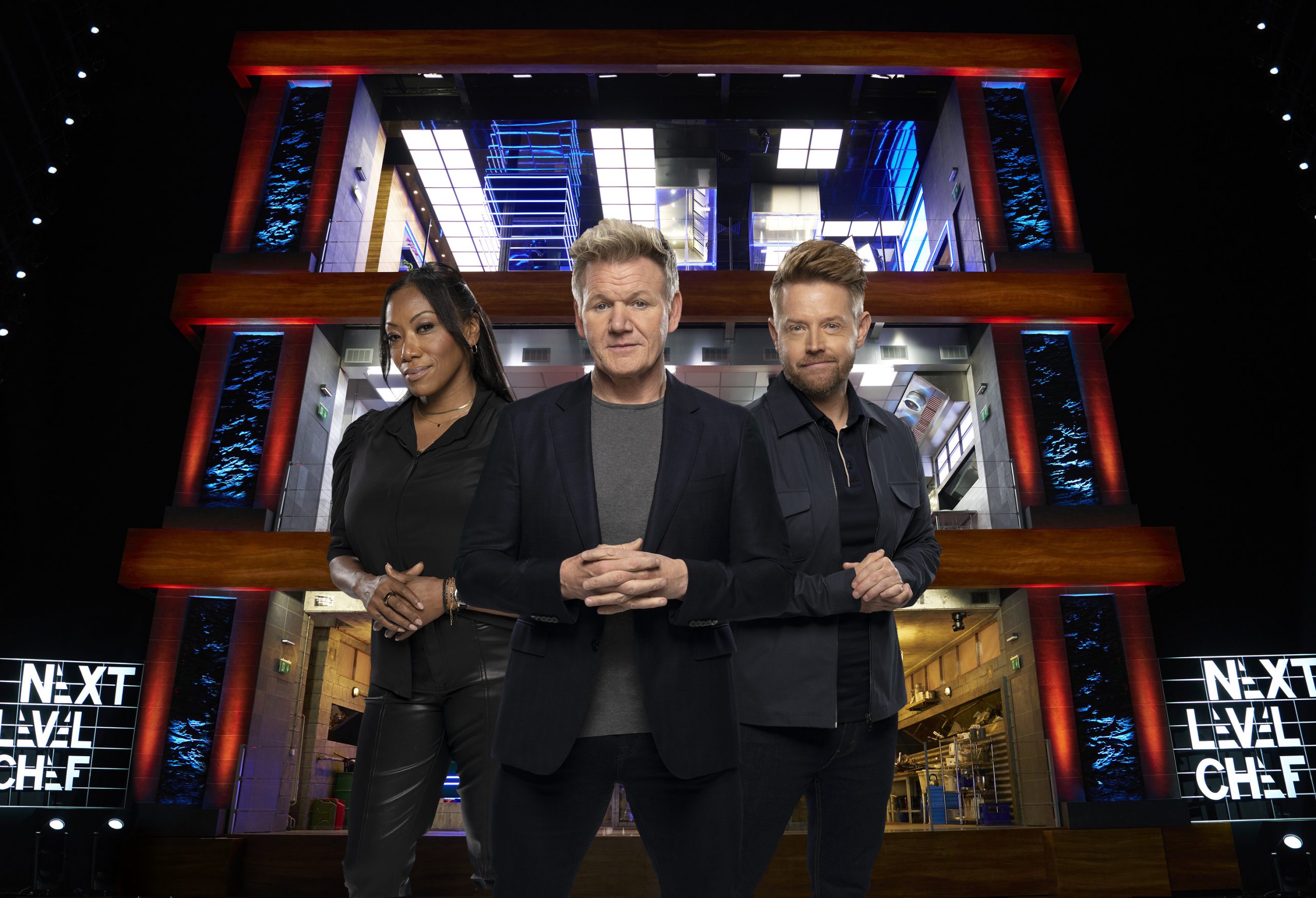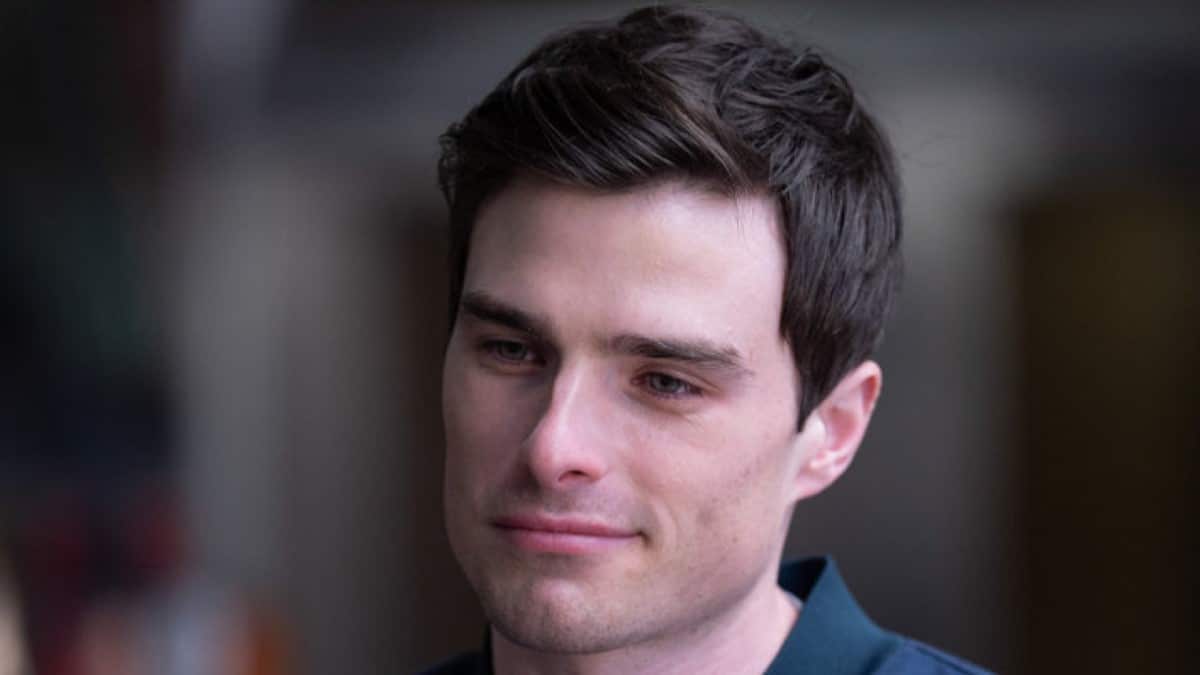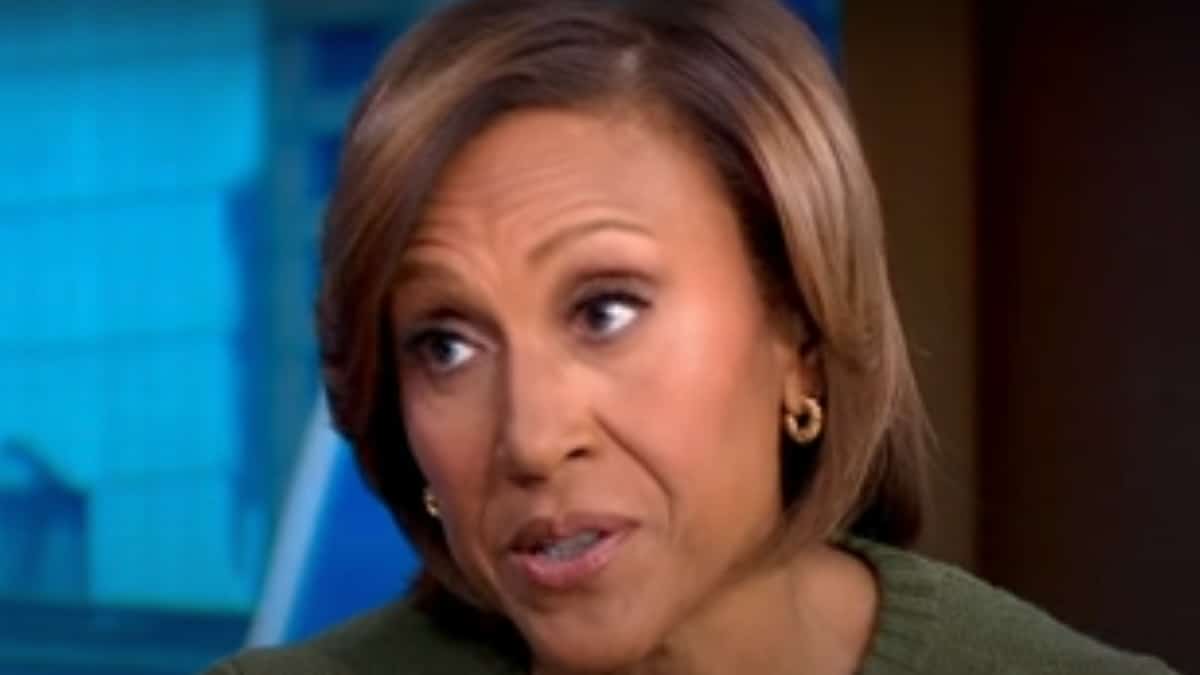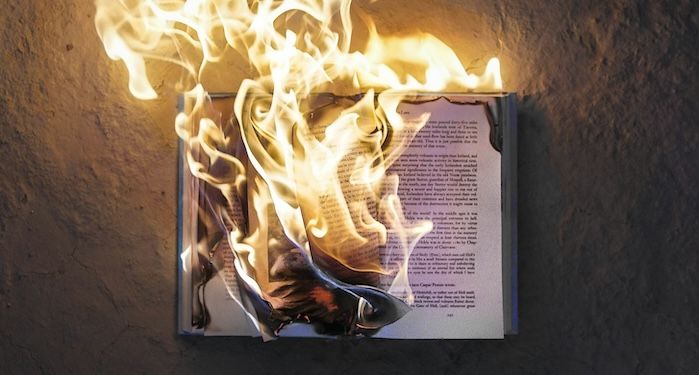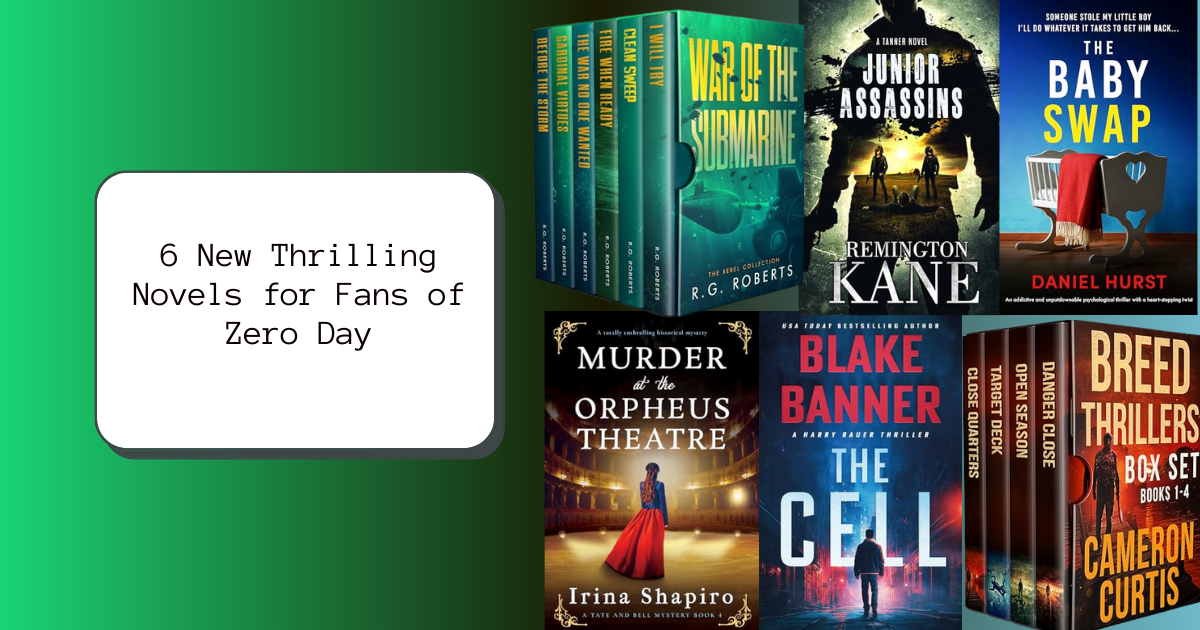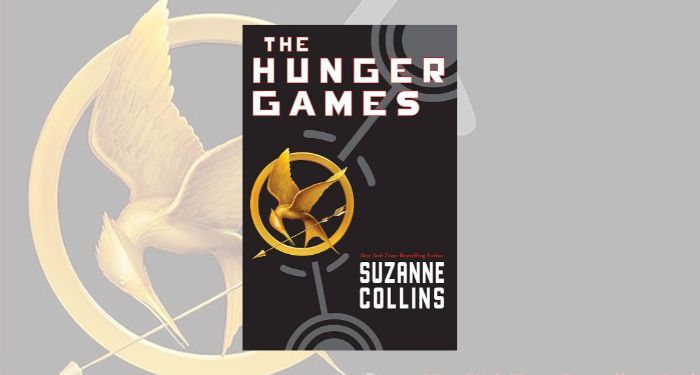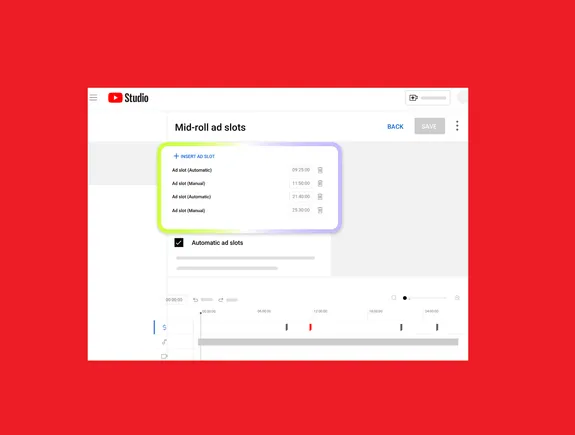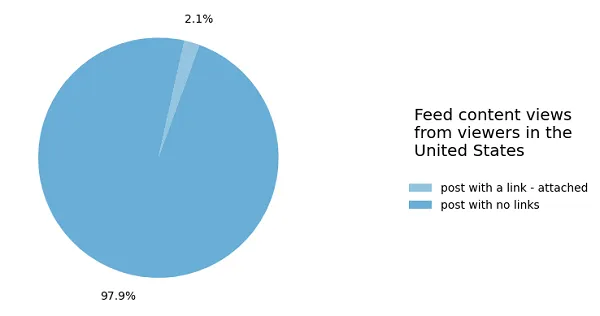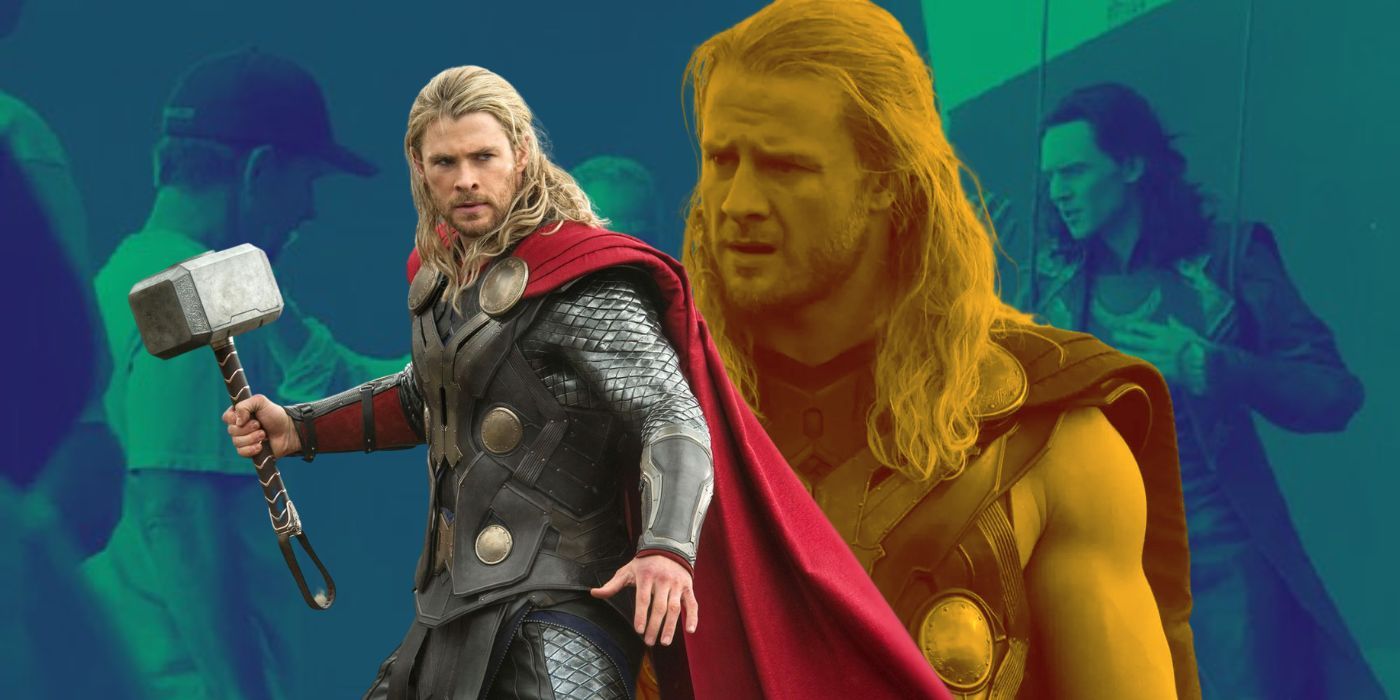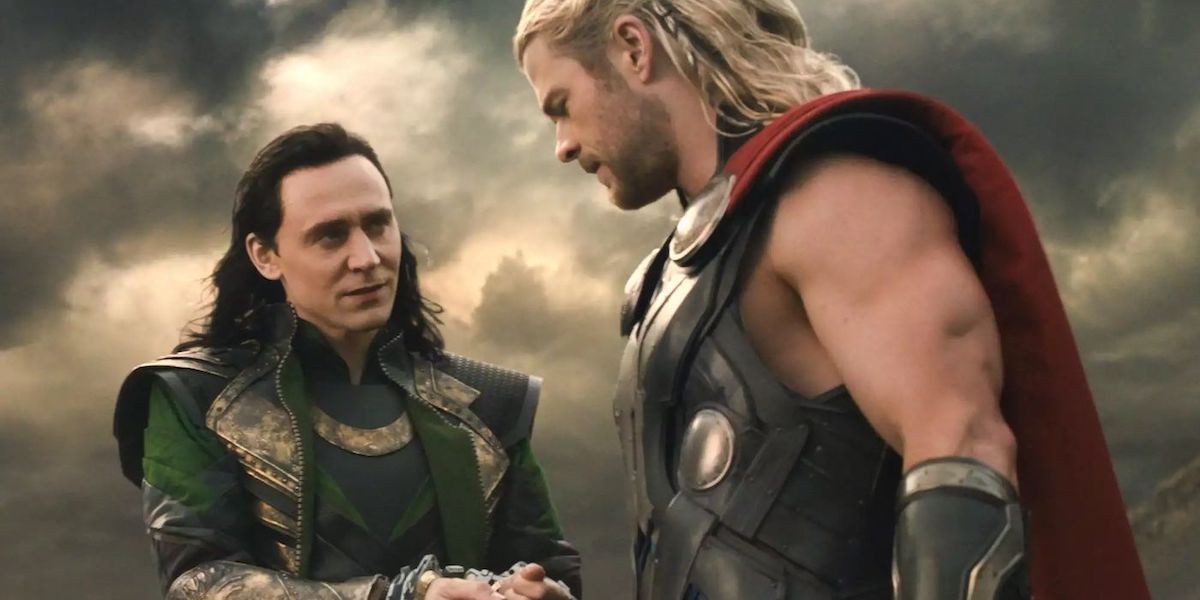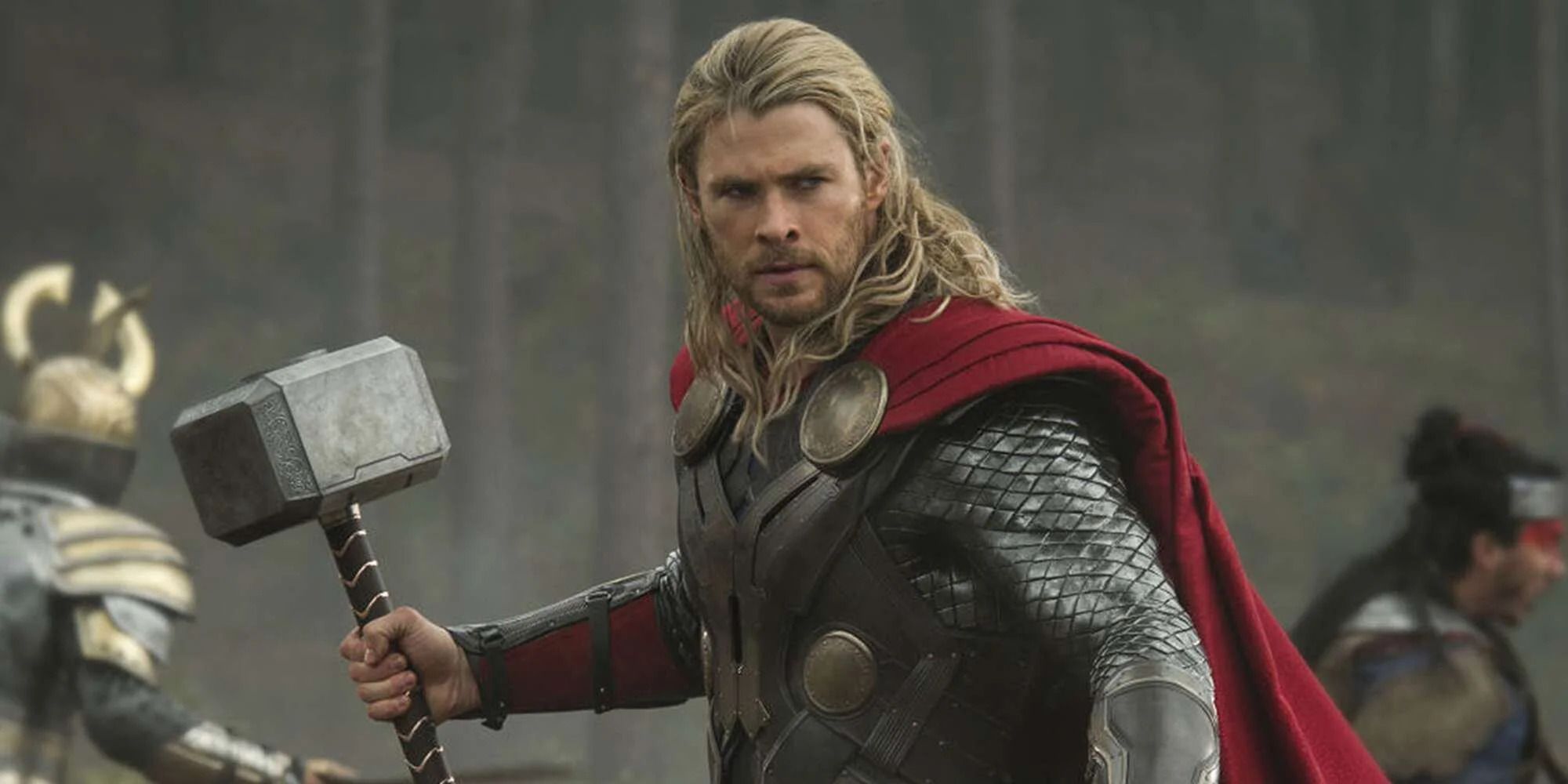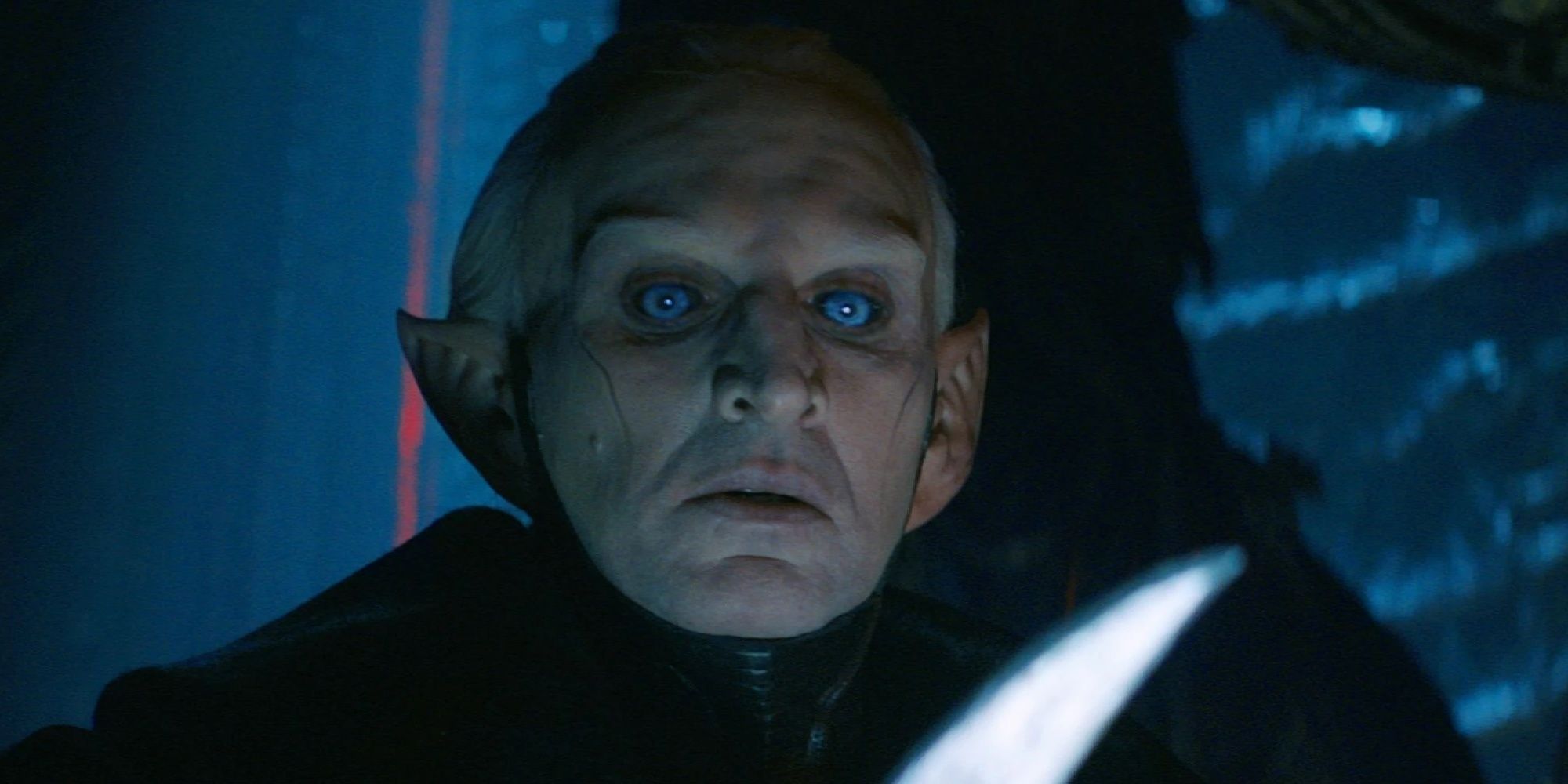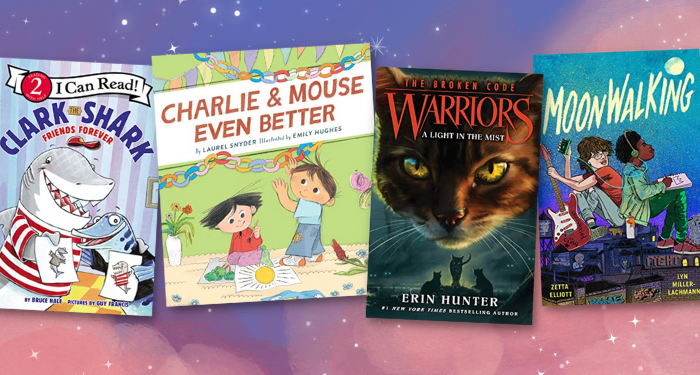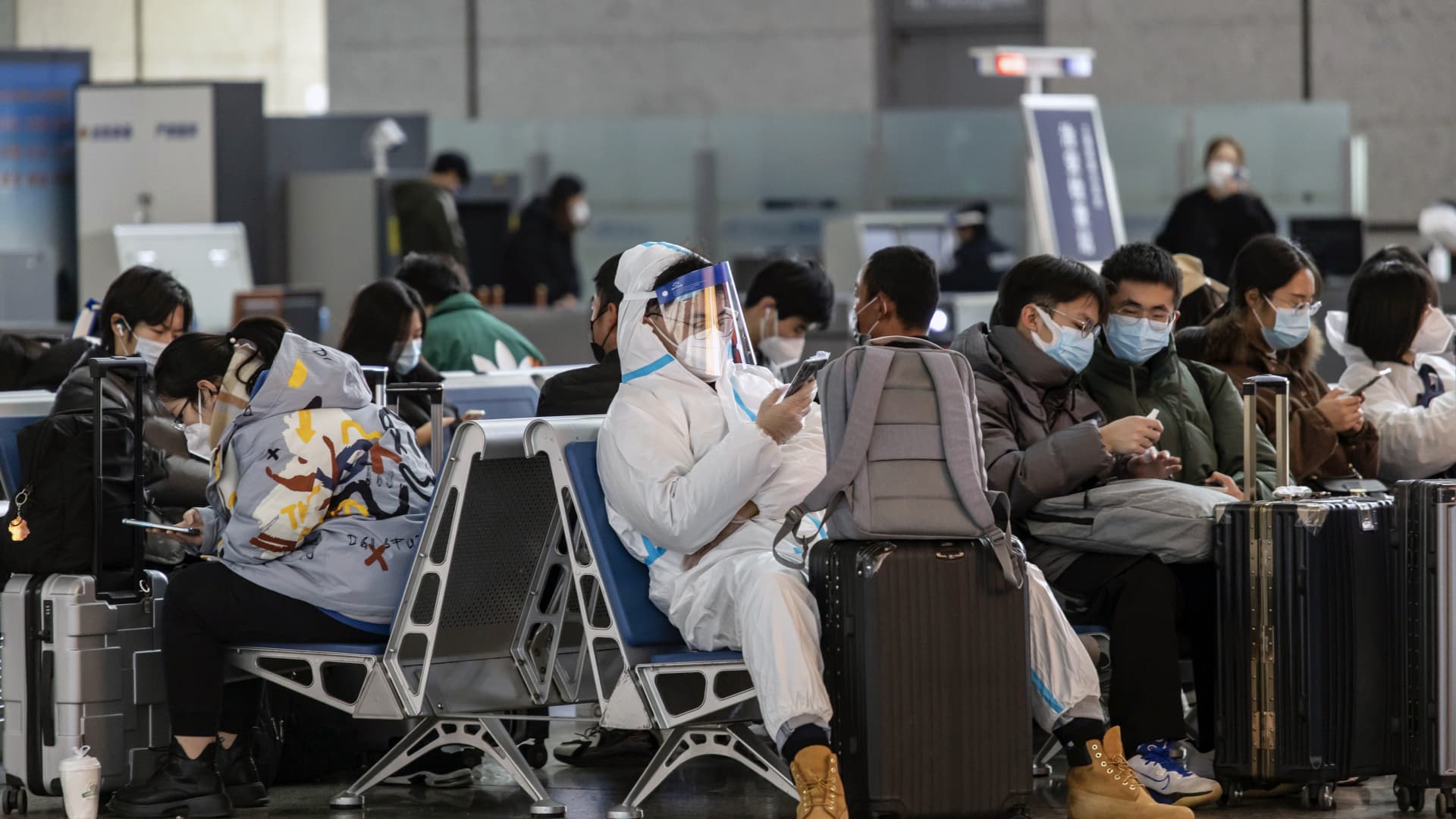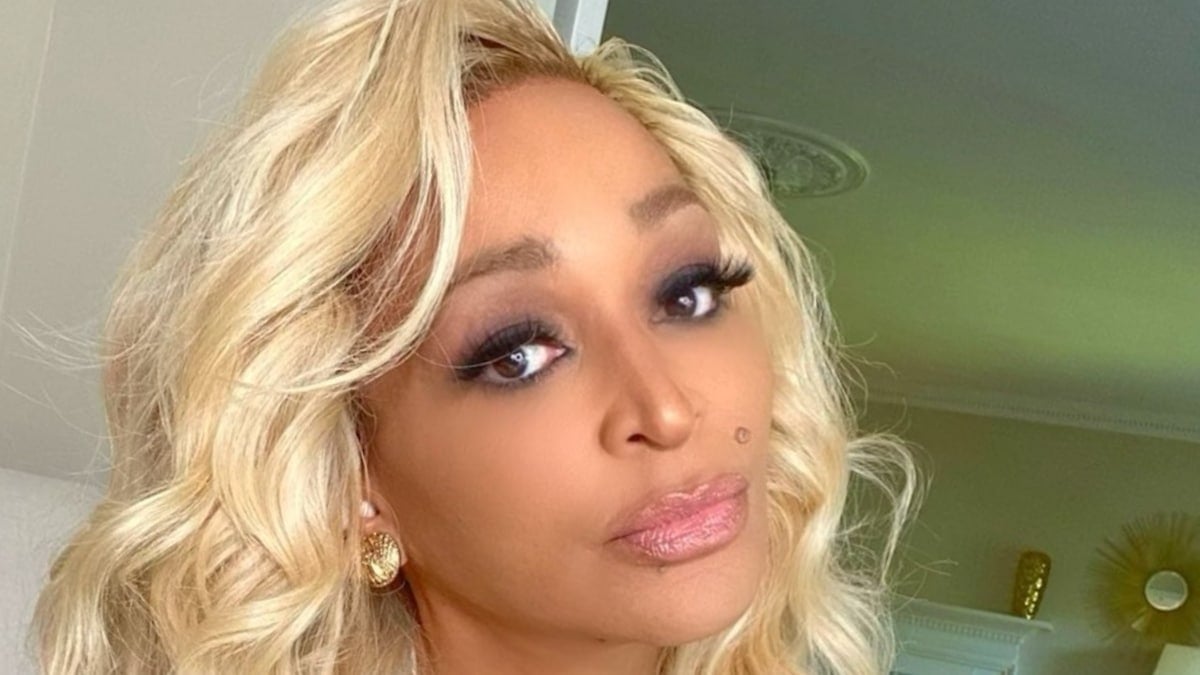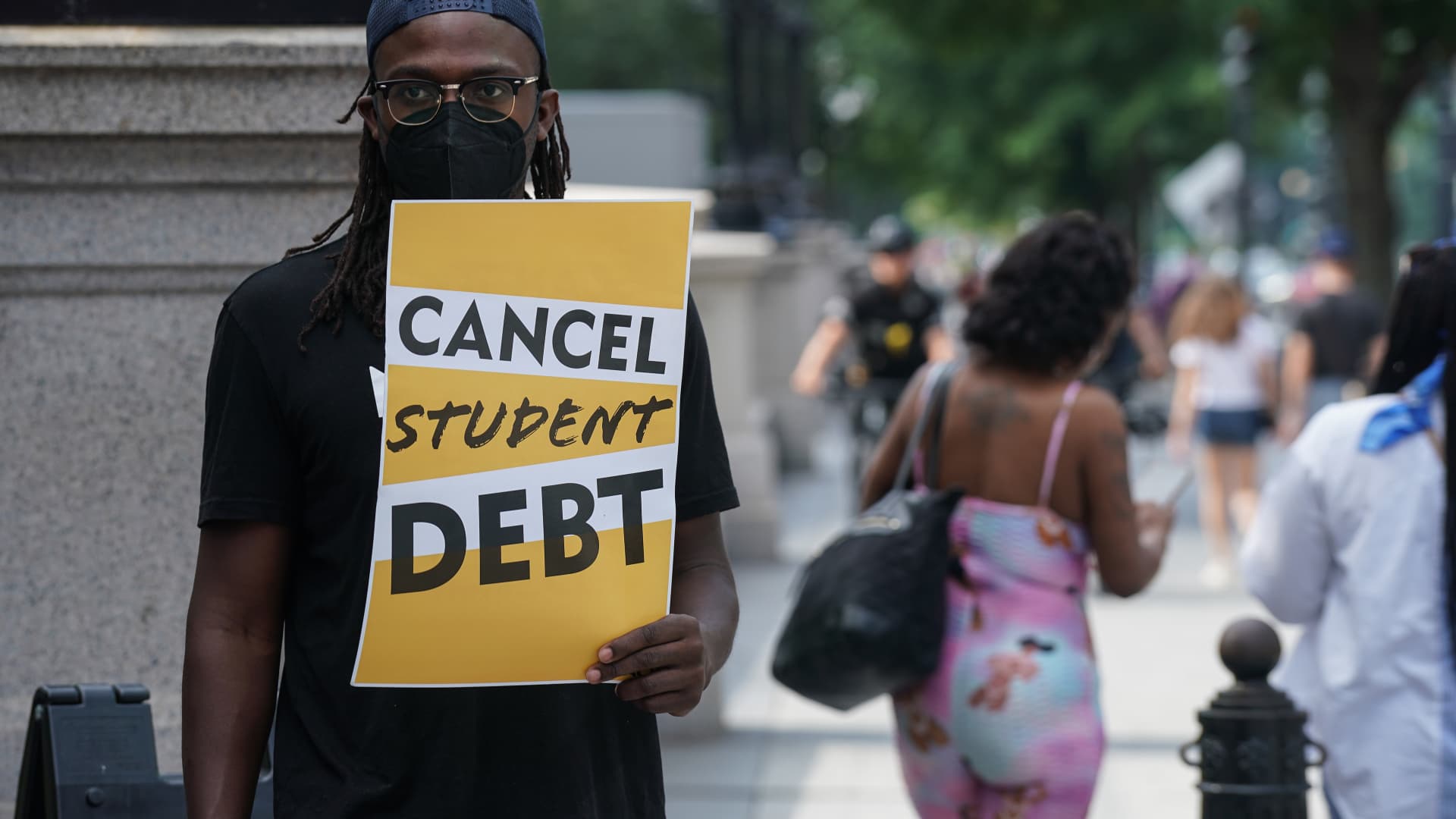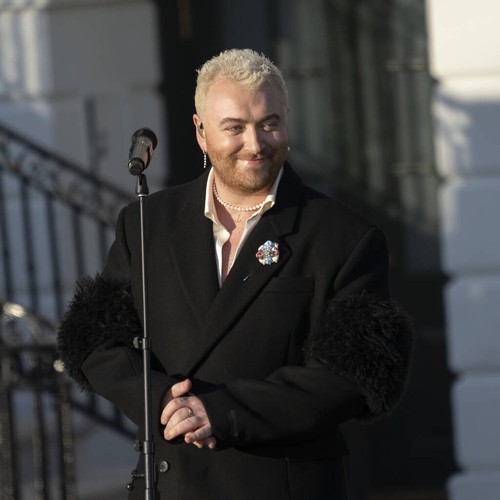Because of its status as one of the most derided Marvel Cinematic Universe titles, the general conversation surrounding Thor: The Dark World has largely focused solely on its artistic shortcomings. Those drawbacks are certainly worth talking about, but it’s somewhat shocking that more attention hasn’t been paid to the chaotic production that this feature endured. Marvel Studios productions have often faced tumultuous behind-the-scenes struggles (just ask the original Ant-Man), but even by comparison to other tormented projects from this studio, Thor: The Dark World had an especially complicated history that included a brief brush with future Wonder Woman helmer Patty Jenkins. No wonder the final product was so underwhelming.
‘Thor: The Dark World’ Struggled to Find Its Director
It was inevitable that Thor would receive a sequel. Though the Marvel Cinematic Universe was still in its infancy in 2011, there was already well over a decade of other Marvel movies establishing a precedent for these features always spawning sequels. Even more divisive titles like The Punisher or Hulk got follow-ups that just went with new lead actors and directors. Unless Thor cratered at the box office, Marvel was going to make more solo outings for the God of Thunder. Considering Thor cracked $448 million globally, it was inevitable that a new adventure would make its way to the silver screen.
Less than two months after that original feature premiered in theaters, a second Thor was announced and set for a July 26, 2013 release. However, with Thor filmmaker Kenneth Branagh opting to sit out this sequel, a new filmmaker was needed to helm the Thor franchise. Initially, it looked like Brian Kirk would be taking the reins of this project after getting on people’s radars with his filmmaking chops on three episodes of the first season of Game of Thrones.
However, a few months later, Kirk turned down the role, leading to Marvel expanding its horizons and seeking out other directorial options. After examining the likes of Drew Goddard, James McTeigue, Noam Murro, and Breck Eisner, the studio eventually settled on Patty Jenkins to helm the feature. Like Kirk, Jenkins, at this point, had stirred up buzz for a recent standout TV directing gig, in this case helming the pilot episode of The Killing. However, Jenkins also had the 2003 film Monster, which scored Charlize Theron an Oscar, under her belt as proof that she could nail feature-length narratives too.
Patty Jenkins’ ‘Thor: The Dark World’ Would Have Been a New Kind of Marvel Movie
In the pages of The Story of Marvel Studios: The Making of the Marvel Cinematic Universe, the authors observe that, as the movie began production, “Thor 2 struggled to find its big idea that would cement its purpose.” Considering this note comes in the pages of a tome fully authorized by Marvel Studios, it’s clear that the production woes of Thor: The Dark World were no secret. These issues were made even more glaringly apparent once Patty Jenkins left the superhero movie just two months after getting hired for the gig.
Considering that Jenkins had experience on TV shows like The Killing and Arrested Development, it’s clear this director was not incapable of working with pre-existing characters in a universe handled by countless creative hands. Instead, the problems lay with disputes between herself and Marvel Studios. The company may have been struggling to figure out what they wanted Thor 2 to be, but Marvel knew it didn’t want to explore ideas suggested by Jenkins. Jenkins wanted to do a version of Thor: The Dark World that was more evocative of Romeo & Juliet and based around Thor and Jane Foster being worlds apart. That character-centric focus could’ve been intriguing and offered something different from usual Marvel Studios far, but Marvel wasn’t interested in going that route.
Looking back on the whole ordeal in 2020, Jenkins noted that she didn’t have confidence in the story Marvel wanted her to execute and she felt that any adverse consequences from the film’s failure would be laid at her feet, not Marvel’s. With that, she was gone, which opened the door for her to do Wonder Woman years later. It also meant that Marvel needed a new director for Thor: The Dark World, with the position eventually getting filled by Alan Taylor. Like Kirk, Taylor was a Game of Thrones veteran, though his experience on that HBO program couldn’t prepare Taylor for all the chaos that would emerge during the production of The Dark World.
‘Thor: The Dark World’s Woes Continued in Post
From here, Thor: The Dark World moved like a steam train to its new November 2013 release date, though that didn’t mean the film was finished with all its production difficulties. The biggest problems for the movie and Taylor came after principal photography was through. The Dark World was radically overhauled in post-production, including through reshoots that involved work from Joss Whedon, while major plot points like the death of Loki were changed dramatically. Sequences in the first cut that employed magical realism on Earth were also excluded. In the end, Taylor walked away understandably disappointed with the whole experience.
Thor: The Dark World ended up turning into a box office hit and it wasn’t enough of an all-time dud to ward away audiences from giving the radically different Thor: Ragnarok a watch when it premiered in November 2017. However, its chaotic production is a cautionary tale about the dangers of putting a release date and obligations to fit a movie into a slate of titles above having a concrete and creatively satisfying idea for a follow-up. This is especially disappointing given all the talented people who were involved in The Dark World’s creation, including filmmakers like Jenkins and Taylor who have done strong work as directors elsewhere. Unfortunately, the tumultuous behind-the-scenes mayhem of The Dark World never gave those artists or the world of Thor enough room to blossom into something special within this sequel. All of those problems make it apparent why we’ll all be talking about Thor: The Dark World as an especially underwhelming Marvel Studios effort for years to come.







